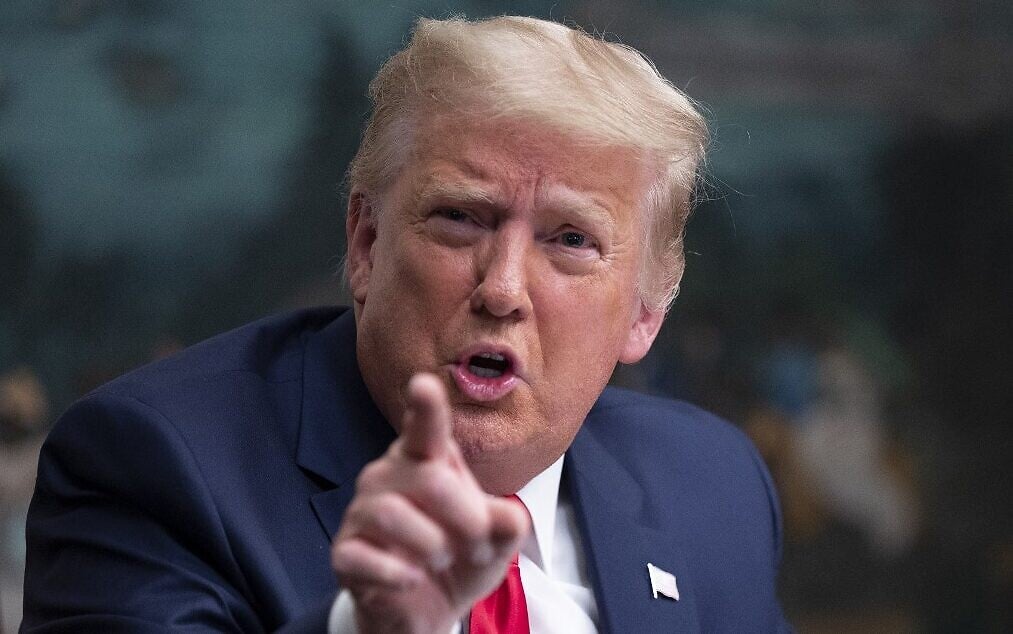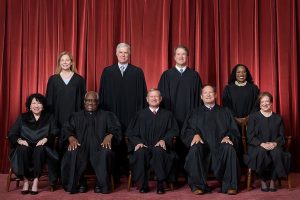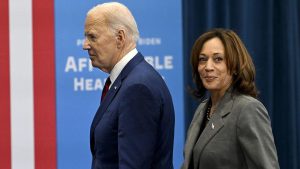The Department of Health and Human Services has quietly expanded the role of a prominent figure who has become one of the most influential voices behind recent federal health reforms. Internal directories updated this week show a new senior adviser joining the agency in a full-time capacity — someone already known for challenging long-held assumptions about American nutrition, health care spending, and the nation’s approach to chronic illness.
Department spokesperson Andrew Nixon confirmed the hire on Tuesday, telling The New York Times that the returning adviser will oversee work related to food and nutrition policy, an area that has taken on increasing significance under Health Secretary Robert F. Kennedy Jr.
It wasn’t until later in the exchange that Nixon revealed the identity behind the move: Calley Means, the health-care entrepreneur and outspoken reform advocate who has become one of Kennedy’s closest and most visible policy strategists.
From Temporary Consultant to Full-Time Strategist
Means previously served as a special government employee — a temporary appointment capped at 130 workdays a year. He announced last month that he had stepped away from that short-term role, but behind the scenes he continued shaping some of the department’s most high-profile initiatives.
As a senior adviser, Means now has far broader authority. His portfolio includes:
-
Overseeing the department’s food and nutrition agenda
-
Advising on sweeping dietary guideline reforms
-
Supporting Kennedy’s “Make America Healthy Again” initiative
-
Coordinating internal research efforts on childhood health
Means was a driving force behind a major federal report warning of escalating health problems in American children — a document that fueled widespread debate over environmental, dietary, and medical system failures.
He has gained a large public platform by arguing that the United States operates a “sick-care system” that profits from chronic disease rather than preventing it. In interviews, panels, and podcasts, he describes the current health structure as a “pharmaceutical treadmill” that incentivizes prescriptions over long-term wellness.
A Controversial Voice in Nutrition Policy
Central to Means’ mission has been reshaping how the federal government approaches dietary guidelines. Last month he shared an image of the traditional food pyramid online and called it “one of the deadliest documents in American history.”
He has repeatedly criticized decades-old nutritional recommendations as being influenced by processed-food giants, pharmaceutical interests, and industry lobbying.
His work closely aligns with Secretary Kennedy’s broader overhaul of federal health agencies — including his efforts to restructure vaccine advisory processes at the Centers for Disease Control and Prevention.
Family Ties and Growing Influence
Means is also known for his collaboration with his sister, Dr. Casey Means, a functional-medicine physician and Kennedy’s nominee for surgeon general. Together the pair authored the 2024 best-selling book Good Energy, which argues that lifestyle-driven chronic disease is a more urgent national threat than is publicly acknowledged.
Dr. Means was scheduled to testify before the Senate Health Committee last month, but the hearing was postponed when she went into labor shortly before her appearance.
Ethics Scrutiny and Required Divestment
Calley Means co-founded Truemed, a startup that helps consumers use flexible spending accounts to purchase supplements, fitness products, and other wellness-oriented goods. His stake in the company quickly became a target of congressional concern.
Two Democratic lawmakers sent Secretary Kennedy a formal letter asking whether Means would comply with financial disclosure rules and avoid conflicts of interest.
On Tuesday, Nixon said Means would fully divest from the company. Truemed’s general counsel, Joe Vladeck, confirmed in an email that Means has “left the company entirely” and no longer holds any positions or influence in the startup.
Security Concerns Surrounding the Secretary
The adviser’s return comes at a turbulent time for the health department. In September, authorities responded to a bomb threat at Secretary Kennedy’s Georgetown home. Police search teams and K-9 units swept the property, though no explosives were found. Officials have not said whether a suspect has been identified or whether the threat was considered credible.
The episode occurred as Kennedy drew bipartisan fire for major personnel and policy changes within the CDC — including the unprecedented dismissal of the agency’s entire vaccine advisory committee and the installation of new members who voted to:
-
Drop routine use of the combined MMRV shot for children
-
Scale back universal COVID-19 vaccination guidance
-
Limit hepatitis B vaccine recommendations
These moves have fueled both praise and outrage, depending on political and scientific outlooks.

Sarah Mitchell is a bestselling novelist recognized for her insightful and emotionally resonant stories that explore the complexities of human relationships. Originally from Denver, Colorado, Sarah grew up in a family of teachers who nurtured her curiosity and love for storytelling. She studied psychology at Stanford University, where she became fascinated by the intricacies of human behavior—an interest that would later shape her writing career. Sarah’s novels are praised for their nuanced characters, intricate plots, and ability to capture the subtle tensions that define love, friendship, and family ties. Her breakthrough novel, The Spaces Between Us, became an instant bestseller, lauded for its honest portrayal of strained family relationships and the fragile bonds that hold people together. Since then, she has published several works that continue to captivate audiences around the world. Outside of her writing career, Sarah is passionate about mental health advocacy and often partners with organizations to promote awareness and support for those struggling with emotional well-being. Her personal life is quieter—she enjoys hiking in the Colorado mountains, practicing yoga, and spending time with close friends. With each new book, Sarah Mitchell cements her reputation as a writer who illuminates the beauty and struggles of human connection.









